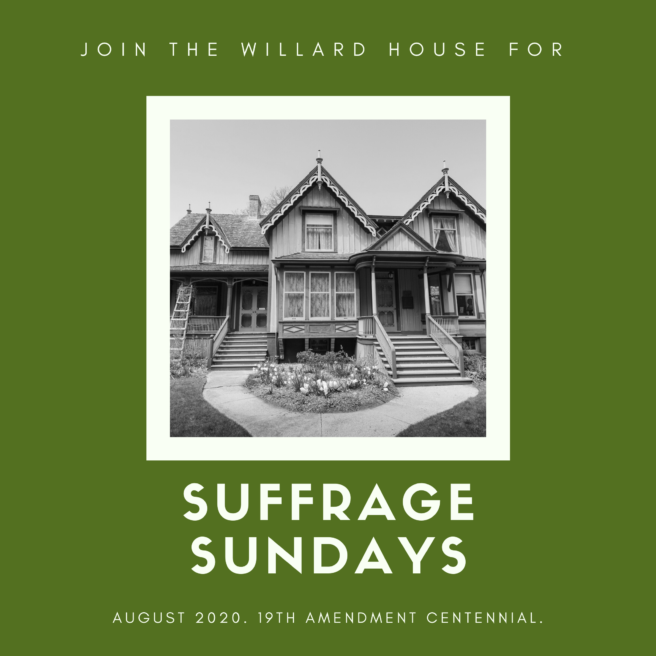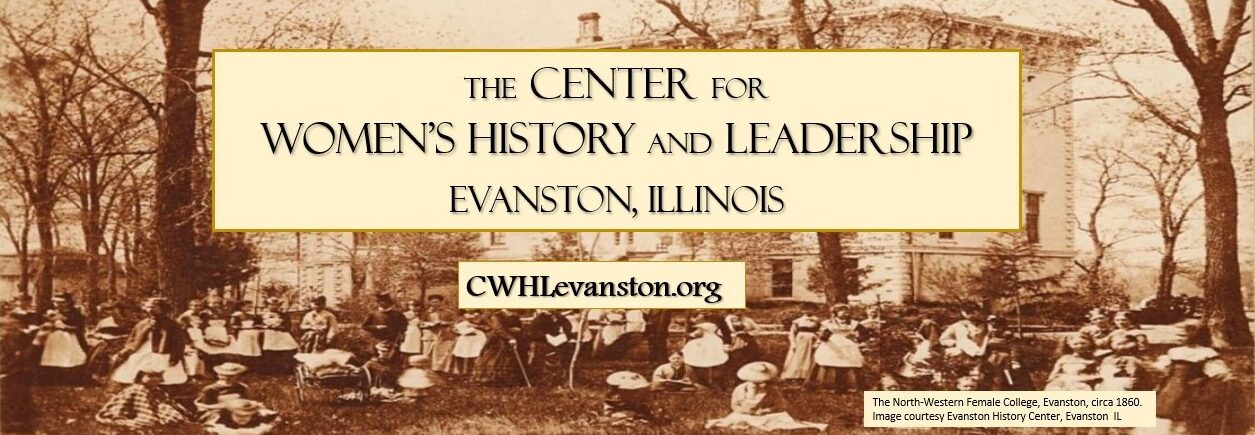By Cate LiaBraaten, Museum Operations Manager
Suffrage, or the right to vote and hold office in political elections, is foundational to democratic societies. 2020 marks the centennial of the 19th Amendment to the Constitution, which states that the right to vote shall not be denied on the basis of sex. The 19th Amendment was passed after a long fight by many dedicated activists.
The history of women’s voting rights is connected to the work of the WCTU in multiple ways. Suffrage was not originally part of the WCTU’s official platform, but as women became involved in the fight against alcohol, many realized that they needed more political power to get the results they wanted. Frances Willard was convinced that women needed the ballot as a weapon in their fight for temperance, and argued that women needed to be able to vote in order to protect their homes from the dangers of alcohol. Making arguments about “Home Protection” was a strategy Willard employed to gain support for suffrage.
Many women were unsure about whether to join the suffrage cause, and one of the most important parts of the WCTU’s suffrage involvement is that it brought more moderate and even conservative women to the fight. Since the WCTU was such a large and popular organization, its support of suffrage helped the movement gain more mainstream appeal. Women who became active in their local WCTU gained confidence in organizing, public speaking, and activism, and these skills helped them as they became suffrage leaders.
The 19th amendment is a testament to the work of female activists who fought for its passage for many years. However, it is not the end of the story of women’s voting rights. While the 19th amendment, along with the 15th amendment (voting rights shall not be denied on account of race) made it Constitutionally possible for African American women to vote, many were still not able to fully exercise their rights until 1965, with the passing of the Voting Rights Act. Native American women were not able to benefit from the passage of the 15th or 19th Amendments immediately, because the United States government did not recognize them as citizens until 1924, and many local barriers remained even after that. Chinese American women also faced voting restrictions based on citizenship status until 1948.

Modern voting rights activism continues through organizations like the League of Women Voters. Many historic sites and organizations are commemorating the passage of the 19th Amendment as an important part of the voting rights story. To learn more about what Evanston is doing in commemoration, please visit Women’s Vote 100 Evanston. To register to vote, please visit the Illinois Online Voter Application.
This August, in line with the centennial of the 19th Amendment, the Willard House will be releasing a series of short videos on our YouTube Channel featuring different collections items related to the fight for women’s suffrage. “Suffrage Sundays” will provide a glimpse into the ways that the suffrage and temperance movements were connected areas of women’s leadership.
For more on the local suffrage story, visit Evanston Women and the Fight for the Vote. Please visit our webpage to learn more about suffrage and the WCTU.
